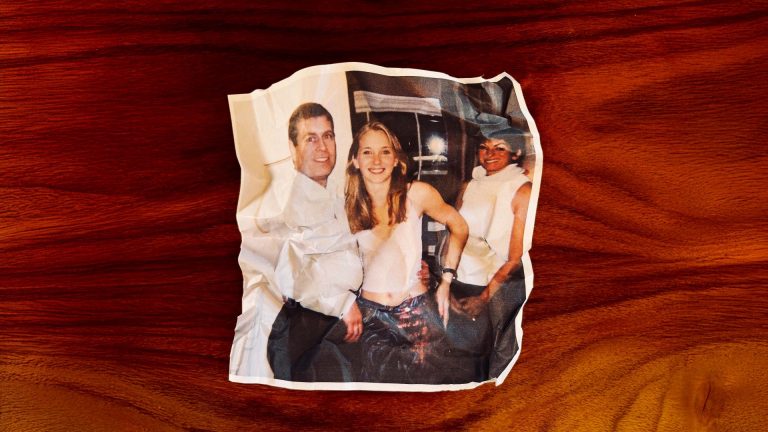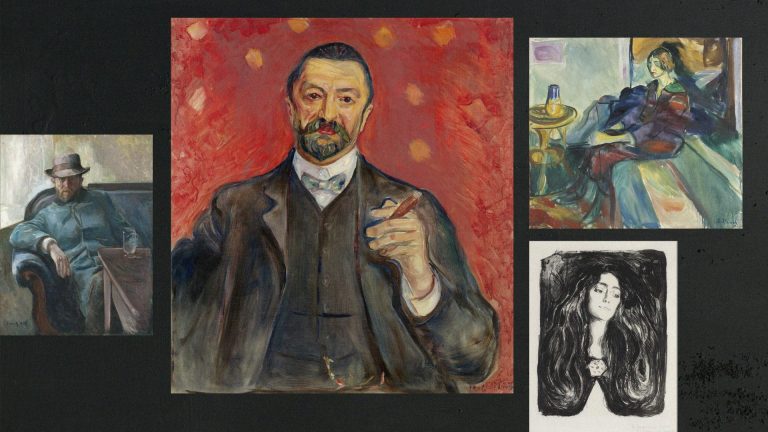
Diversity in the book world is diabolical, but as it turns out, people will pay for books written by people of colour after all.
https://www.instagram.com/p/BNgsjrujUZA/
In the hands of some, the term ‘immigrant’ has become a weaponised, toxic one. But, as Coco Khan argues, a new book reclaims it as a phrase to tackle fear and embody hope
Recently at a literary festival someone asked me what I had learned about Britain’s race relations from my experience as one of the contributors to The Good Immigrant. ‘Nothing’, I joked, ‘I was right all along’. It was an off-the-cuff remark intended to amuse, but it wasn’t untrue – rather it just didn’t tell the whole truth.
Let me start from the beginning. The Good Immigrant is a new collection of personal stories and essays written by 21 writers of colour. Of the 21 of us there are many established, and dare I say it, famous names (Riz Ahmed from HBO’s The Night Of, and comedian Nish Kumar), but there are also a number of writers who’d never been published in a book before. We’re drawn from a broad range of professions, locations, ages, religions, and races. But none of us are white, and all of us are British.
It was the book’s editor, Nikesh Shukla, who led the project. As an established writer himself he’d witnessed, and experienced first-hand, the publishing industry’s problem with diversity. Diversity in film and TV has been widely covered this year and the situation in the book-world is equally diabolical, perpetuated by a widespread belief that ‘ethnic books’ don’t sell.
We published the book through Unbound. Their model is to part-crowdfund their books which enables them to share the cost and therefore acquire more diverse titles. It also allows them to gauge exactly how much interest there is in a book. The Good Immigrant raised the funds it needed in three days – the average campaign takes six weeks. As it turns out people will pay for books written by people of colour after all.
We’d finalised all the words of the book by March of this year and in June, Brexit happened.
Preview copies of the book started filtering out to press shortly after – as per a schedule created well before the referendum campaigns had begun – and the reviews were shocking and unexpected. They were favourable across the board, including the right-wing press.
In those weeks after Brexit, to me at least, it was as if millions of people in the UK woke up to what we as people of colour had been feeling for years – that fear had spiralled out of control, that lies had been accepted as truth and that racism had won mainstream legitimacy. A book like ours – one that aimed to challenge the bigoted rhetoric around immigrants, from people who actually know what immigrant life is about – seemed to resonate with people. It was something for people to champion and rally behind.
The book flew to the top of the Amazon charts, but that was just the beginning.
For months after that, we travelled – up and down the country, speaking at schools, book events, and making media appearances. We fielded questions (and insults) on social media.
‘As anyone who follows me on Twitter knows, I get into a fair amount of spats with Brexit voters, UKIP members, far right extremists, you name it,’ said Daniel York Loh, author of Kendo Nagasaki and Me in the collection. ‘Recently [a Brexiteer] asked me ‘how’s the acting and writing? Done anything recently?’ So I posted the link to The Good Immigrant. He responded ‘So, you’re saying there’s such a thing as a bad immigrant?’
‘I’ve now changed my header photo so it’s literally just a picture of the book cover and title. When Nikesh first asked me to write for it, it seemed like a mildly thought-provoking title. The word ‘immigrant’ is now so weaponised and toxic I want that title to be the first thing people see when they click on my profile.’
Contrary to what I said at the literary festival, it was in those months that I defined my views on Britain’s race issues.
‘A few people – of different colours – have approached me saying that my piece is great, the book is amazing,’ said Vera Chok, author of Yellow in the collection, ‘only to then start asking me about China, when I explicitly state in my opening lines that I am not from China and that a major problem is that we lump all yellow people into one group.’
It became a theme; that even among those who were fans and allies there were still huge gaps in understanding about the experience of non-white people. A vague insult here, a micro-aggression there. There was a book festival event at which an attendee asked me what it felt like to be speaking to a room full of white people about race – even though about 30% of the audience were not white. It was like she didn’t even see them. Or how at the launch party, a number of the white guests – who were supporters of the book – kept mistaking other black guests for one of our (also black) contributors.
I’m reminded of an interview I did in which the journalist didn’t ask me a single question about the book itself, or what I’d written for it, instead using the time to ask me questions about ‘ethnic’ subjects which I don’t claim to have any expertise in. A kind of one-immigrant-fits-all approach.
‘People have been calling me a diversity campaigner,’ Nikesh tells me. ‘I think there are some actual brilliant activists out there actually doing campaigning and I think calling me a campaigner takes that away from them.’
Still, the good vastly outweighed the bad.
‘The amount of young brown and black kids who came up to us after shows or when we were signing books and basically said, ‘Thank you. I feel represented by this and I’ve never felt represented before. This has inspired me to write, or this has inspired me to write without apology or without censorship.’ That was the stuff that really got me in the heart.’
It was the same for Salena Godden, author of Shade in the collection. She performed her piece at Durham Book Festival. ‘There was just one black woman in the centre of the audience, right in my eye line, and tears were streaming down her face. It was a beautiful and powerful moment. It felt like I wasn’t alone, or invisible.’
In light of climate change or Trumpaggedon, or a multitude of other grave and harrowing happenings in our world today, it might seem almost trivial to channel so much energy into a book. But for me, and I cannot speak for anyone else, it was an opportunity to prove a crucial point: that human stories spoken from one heart to another, without spin and without politicking, have the power to challenge even the most stubborn minds – to breakdown fear and prove that there is no challenge too large, and no divide so great that cannot be crossed by the furious power of hope. It’s what I knew all along.






